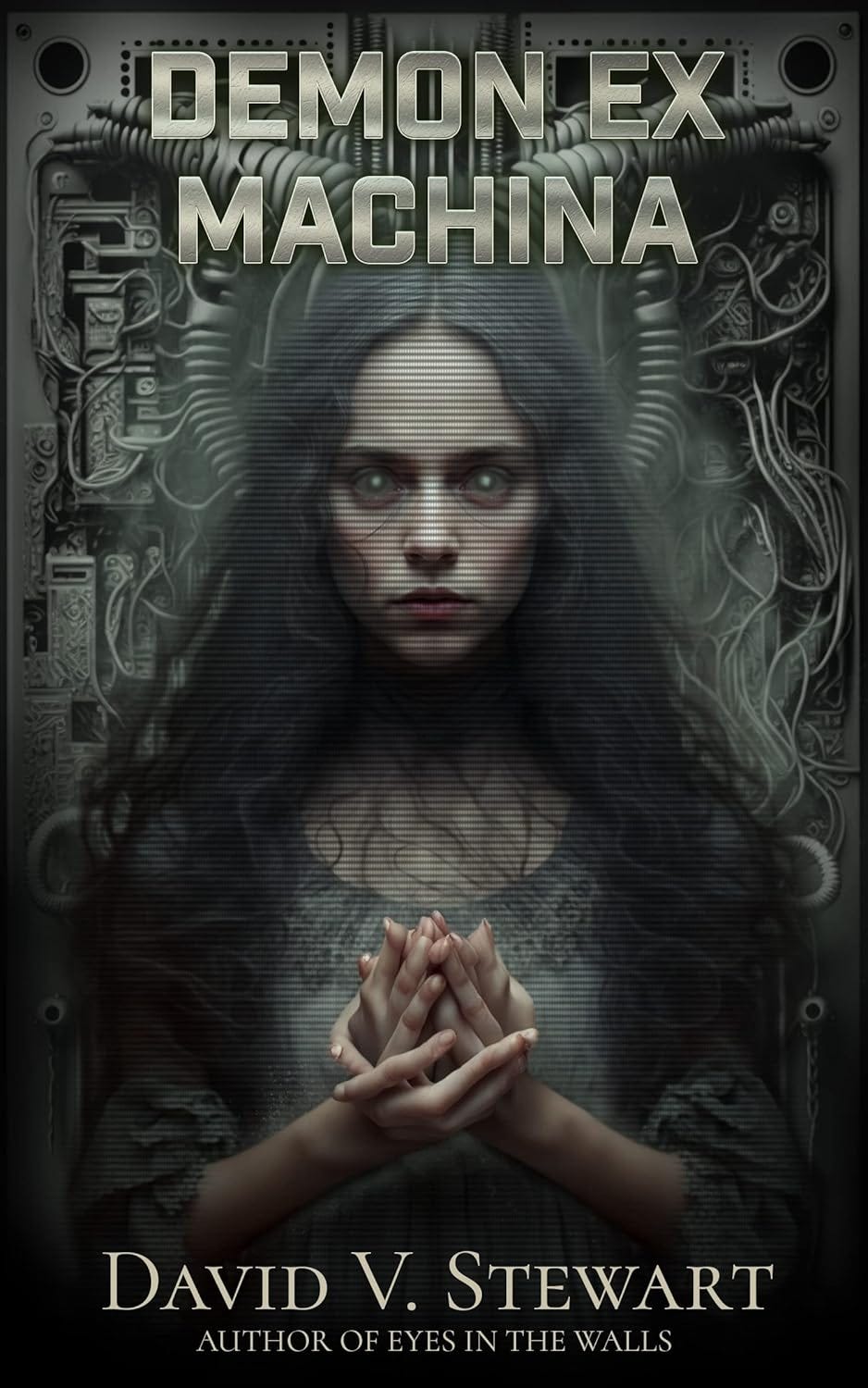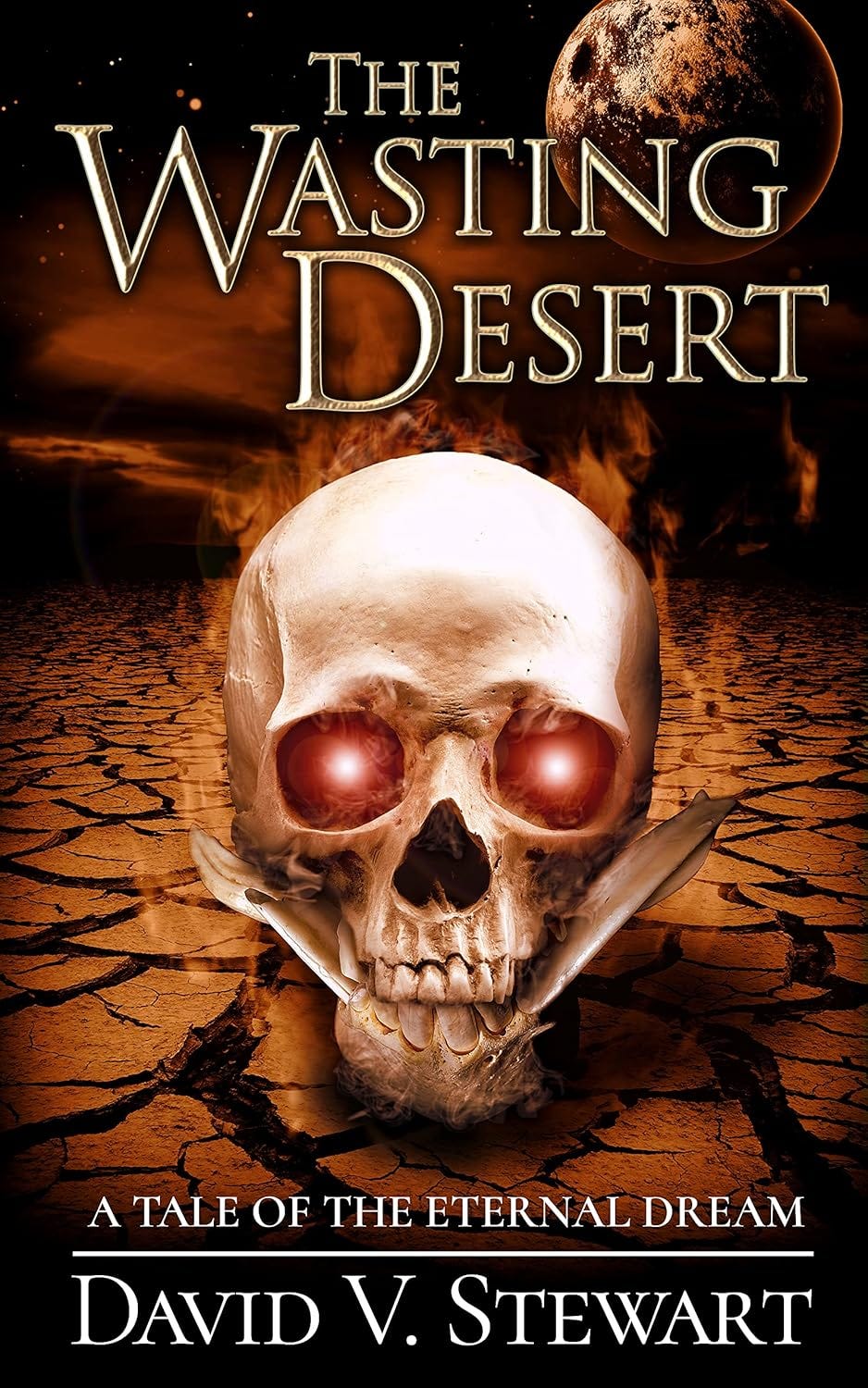Godzilla Minus One: Greatness Through Competence
Again, it turns out classic writing techniques are what make movies good.
Godzilla Minus One, a sort-of prequel, sort-of re-imagining of the first Godzilla film from 1954, is a great movie. I don’t lead with that praise because of its special effects (which won it an Oscar despite the film having a tiny budget by Hollywood standards) but because of its competent storytelling. It is a movie that succeeds not because it attempts to reinvent the wheel but because it uses time-tested, effective, and well-executed dramatic techniques to tell a story where the focus is the characters, not so much the monster.
As an aside, there is a pattern among horror movies (and I include kaiju movies in that) where sequels devolve over time from classic scary stories about characters struggling against the mysterious and evil to popcorn schlock films that are about the monsters themselves. This happened with classic franchises such as Alien, Nightmare on Elm Street, Halloween, and Friday the 13th, but there is probably no better example than the Godzilla franchise. The eponymous character quickly went from a somewhat mysterious cosmic threat to a turbo-sized wrestling champion. Sequels were more often about Godzilla battling various other monsters than threatening humankind.
Godzilla Minus One eschews this devolution and returns to the source. Film mastermind Takashi Yamazaki was able to create both an homage to the original film as well as a story that stood on its own, with its own themes, characters, and plot. Godzilla is a true monster, both mysterious and existentially threatening. Setting the film directly after World War II ensures the characters are handicapped in their fight in terms of arms and manpower—there is no possibility of a technological deus ex machina to save them, and they have to use their own courage and ingenuity to solve the problem of Godzilla.
But what makes the movie really shine is Yamazaki’s characters and how he positions them. The stakes are not just large-scale but personal. The characters don’t just care about Japan; they care about each other as well. They have personal reasons to fight, and this gives the movie a heightened sense of tension, and the events have a greater impact when they happen. Writers take note: if you want your audience to care, make it personal.
The main protagonist, Koichi (played by Ryunosuke Kamiki), is a Kamikaze pilot who fails to fulfill his final mission and instead lands on a remote island. There, an attack by a small (by kaiju standards) Godzilla monster from the ocean kills all the servicemen except for Koichi and a mechanic named Sosaku, who blames his terror and inability to fire his plane’s guns to kill the monster for the massacre. The rest of the movie is, therefore, a setup for Koichi to redeem himself, reclaim his honor, and make up for his primary moral deficiency: cowardice. There is also a poetic construction of the plot to emphasize this, as Koichi, in the third act, is inevitably tempted to defeat Godzilla via the method he failed at in the war: a suicide crash.
This setup gives the last act, not just general plot tension (as we wonder whether they can kill the kaiju) but also a sense of moral tension, as there is the question of whether Koichi would choose to sacrifice himself to reclaim his sense of honor. Yamazaki is very clever with his writing and choices with Koichi. Sitting on our couches in 2024, watching the 33rd Godzilla movie, we know that Koichi’s suicide mission would not have changed the outcomes of the war with the United States, nor would shooting his fighter’s guns have defeated even the pre-nuclear Godzilla. The audience may understand he is a coward, but we don’t hate him for the flaw. Yamazaki is also careful to deliver immediate repairs to Koichi’s character: he returns to the Tokyo area to find his parents dead from the firebombing and his home destroyed. He is then inclined to take in and protect a desperate woman (played by the beautiful Minami Hamabe) and an orphaned child. Not only does this provide some redemption, but it also gives the final act personal stakes. Koichi has something meaningful to lose if he attempts to act out his failed suicide mission, but this is contrasted with the guilt he feels for ending up with a family he loves that he has done nothing to earn.
The struggles of Koichi are echoed in the supporting characters, most of whom are veterans of a lost war, unable to square their survival and find meaning in their struggle given the outcomes of World War II. There is even a young character who desperately wants to participate in the final mission to destroy Godzilla because he was unable to fight in the war and feels guilty for surviving. All the male characters are on a quest for honor and meaning, and Godzilla, a threat as big as the war itself, gives them an opportunity to fulfill their duties and finally defend their homeland. The transition to the final act has a moral focus in the inversion of the motif of self-sacrifice and instead a commitment to fulfill the mission without losing any more precious lives. All the characters are able to participate in this last catharsis, even the mechanic from the opening scenes, who installs a rare ejection seat into Koichi’s plane so that he can escape from the inevitable crash that Koichi knows will truly destroy the monster. The moment itself is similar to the climax of Independence Day, and the setup keeps the tension high as the audience ends up with many unconfirmed suspicions about just what Koichi and the rest of the men will do and uncertainty over whether they will really do it.
The happy ending, therefore, is achieved not just by defeating the monster but by restoring the dignity of the heroes—a true eucatastrophe.
I also enjoyed that the counter to Godzilla was not a great weapon like the Oxygen Destroyer from the original movie, nor the result of an organized and well-funded government with access to super technology. It was a plan made and executed by (now) private citizens, using available technology and resources (however scarce), aided by private enterprise (including a toy company—a poetic choice), and based on clever use of physics rather than techno-magic. It all fits well with the setting and the themes of the movie.
The only real complaint I have about Godzilla Minus One is in some of the film’s construction in the middle act. We have no real explanation for how Godzilla grew other than seeing an explosion on the Bikini Atoll and a few seconds of a torched Godzilla, nor am I convinced the characters have enough exposure to the monster to understand it well enough to counter it in the final act. They seem to intuit a lot for the convenience of the plot. Additionally, several of the characters, including the protagonist, end up encountering and fighting Godzilla in an improbable way while on their tiny minesweeping vessel. The movie rushes through these things just a bit too quickly, but I understand it. We need to get to the monster, show his threat, and give the heroes the chance to stop him while keeping the runtime acceptable.
I should also note that the movie, being set in the immediate post-war period, had the feel of the original in a number of ways. The acting, in particular, more approximates the cinema styles of the 1950s than the modern period, which tends to favor more subdued and less active acting. I could see someone interpreting the acting as melodramatic as a result, but I enjoyed it, though keep in mind my knowledge of Japanese is rudimentary.
I also think the special effects, which won an Oscar, are better because of the human drama. We don’t need a whole hour of monstrous destruction of Japan to understand the threat. It’s also better that so much of Godzilla is encountered in the ocean, where we don’t see the entire monster. What is unknown is more frightening than what we can see and evaluate clearly with our eyes. In the modern CGI era, special effects are perhaps more effective when they are special.
Overall, I enjoyed Godzilla Minus One much more than I thought I would, and more than any Godzilla movie since the original. It’s a return to form that fulfills all the things required of it: it treats its source and fans with love and respect, it brings classic Godzilla to a new era and generation, and most importantly, it tells a good story.
I am an independent artist and musician. You can get my books by joining my Patreon or Ko-Fi, and you can listen to my current music on YouTube or buy my albums at BandCamp.










Probably one of the best monster movies I've seen. The return of the kaiju as a primordial threat instead of the star of the film made it so much more enjoyable. The humanity of the characters was a breath of fresh air, as was the ending. The film had heart.
I watched the movie in theaters. It was amazing.